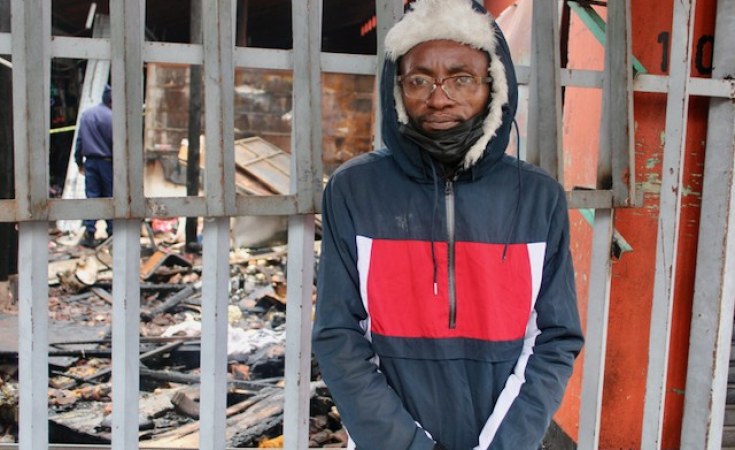Western countries have been accused of using the economic disparities between South Africa and other African countries to divide black people and fuel xenophobic tendencies among Africans.
This was said by Information Publicity and Broadcasting Services Minister, Monica Mutsvangwa, in her keynote address at the inaugural Annual Conference on Media against Phobias held at the University of Zimbabwe on Wednesday.
She outlined types of phobias, giving focus on social phobia, which she said was being used as a political weapon.
"Phobia is a very strong aversion or an overwhelming hate, prejudice, a negative bias against something. The xenophobia being experienced in South Africa is an example of social phobia that is caused by economic disparities between African countries," she said.
"South Africa has a big development index compared to other regional countries, hence many people are migrating there.
"Western countries are taking advantage of that economic disparity between South Africa and other African countries to divide blacks."
Minister Mutsvangwa said that social and political phobias were informed by ignorance adding that the media usually followed phobia projected by the society.
She urged the media to help in combating phobia and not to intensify it, citing an example of Rwanda where the radio was used to promote the genocide.
The media should help combat phobias, foster tolerance and build a sense of Ubuntu among citizens, said Minister Mutsvangwa.
University of Zimbabwe Vice Chancellor, Professor Paul Mapfumo, said the media should shape the society and not the other way round.
He said the purpose of education was to build the nation hence the media should speak of development and avoid intensifying phobias. "There is need to remove cultural, attitudinal, partial disparities and become social, political and professional strategic for the development of the nation," he said.
Prof Mapfumo said the UZ was introducing various media programmes that are useful for economic development and nation building.
Speaking at the same event, Rapid Concepts chairman, Dr Shingi Munyeza, said culture was dynamic adding that phobia usually arose as a result of people trying to legislate culture.
He said perpetrators of phobia were narrow-minded and dancing according to other peoples' tunes and emphasised the need not to highlight differences but to embrace diversity.


